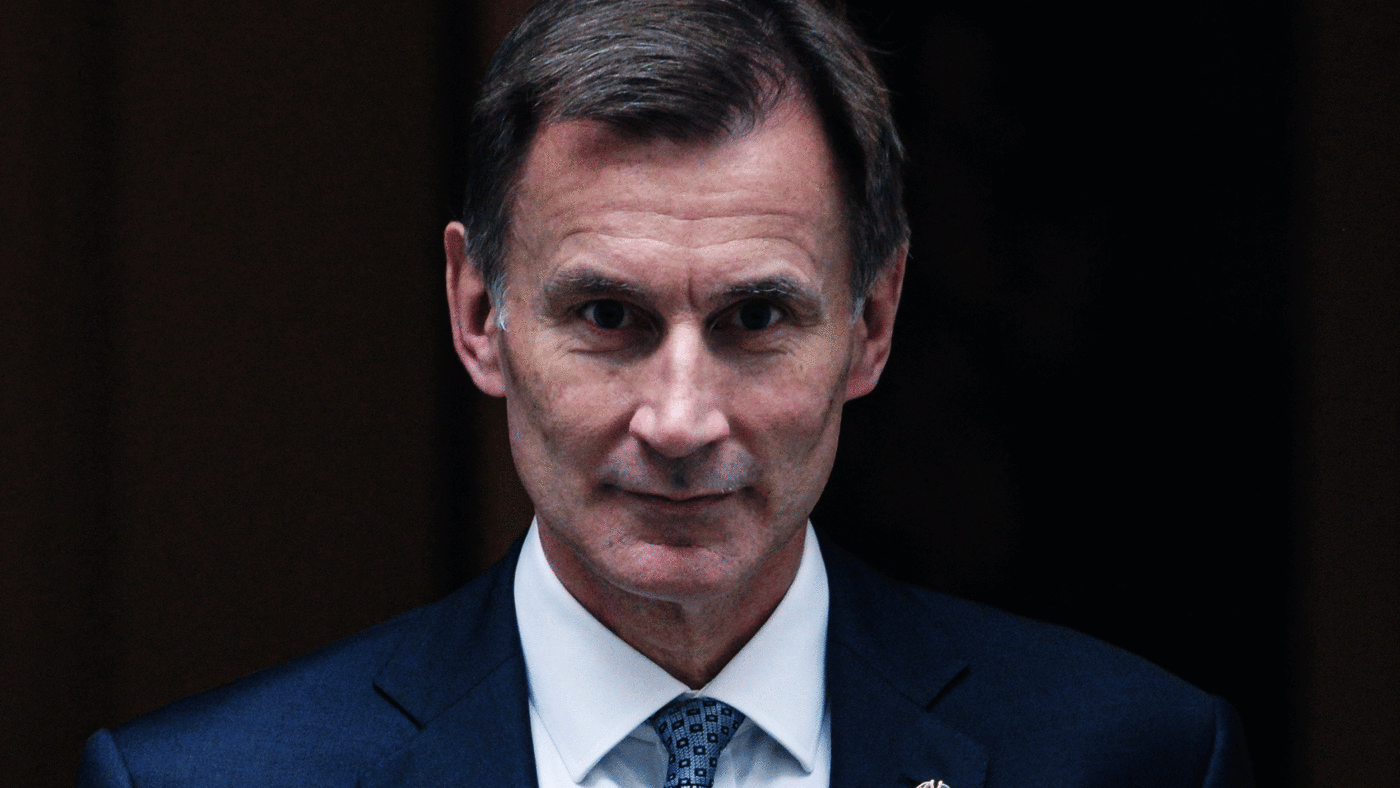In military jargon, a kill zone is an area completely covered by direct and effective fire which can be used to devastating effect on any enemy forces unlucky enough to try crossing it.
Pulling off such a slaughter is a two-stage enterprise. First, you must construct the site: placing your entrenchments and batteries, checking your sightlines, and so on. Then – and this is often the trickier part, if your opponent is any good – you need to lure the enemy into it.
As he prepares his Budget, Jeremy Hunt stands in a political kill zone when it comes to business taxes. So how has the Chancellor ended up in this unfortunate position?
In recent months, Labour have sharpened up their pitch to businesses, and are starting to sound more credible on growth than their Tory opponents.
Even before Starmer had set out his five ‘national missions‘ for the next Labour government – which included making the UK the fastest growing economy in the G7 – the Opposition had promised to cut and eventually scrap business rates.
Back in September 2021, Rachel Reeves was already pledging to ‘shift the burden of business taxes to create a level playing field’, and correctly lambasted the current system as one that ‘punishes investment, entrepreneurship and the high street’.
In its place, they promise a system which will ‘incentivise investment’, ‘feature more frequent valuations’ and ‘reward businesses that move into empty premises’.
Whether or not Labour will actually make good on these promises is an open question. But it nonetheless represents a much more formidable set of opposition booby traps than Conservative chancellors have been used to facing since 2010.
But Starmer couldn’t march the Tory troops onto this unpromising field. They had to do that themselves – and they have done so with gusto.
At the 2019 election, the Conservatives were elected on a manifesto commitment to cut business rates, and eventually to overhaul the whole system – one more plank of an optimistic, can-do programme that secured an historic majority, and which the party in government has singularly failed to deliver.
Far from being cut, business rates have been rising for years.
When first introduced during Margaret Thatcher’s third and final term in office, the uniform business rate (UBR) multiplier was 34p in the pound. For 2023/24, when the new ratings list starts, it will be 51.2p, with small businesses (those with a premises below a rateable value of £51,000) being charged 49.9p.
This crushing tax burden, accompanied by a byzantine series of reliefs, helped to bankrupt numerous high-street brands such as Jessops, Mothercare, Clinton Cards, and Poundworld – all before the pandemic showed up in 2020.
So it is no surprise that the Government is under fire for presiding over a truly dire retail economy, already hollowed out by overly zealous lockdown policies, sky-high inflation, and supply chain issues.
According to the Centre for Retail Research, 2022 was the worst year for retail in five years: 150,000 jobs were lost from the High Street and out of town shopping centres (up 45,000 on the year before); 17,145 sites on high streets and elsewhere shut for good in 2022, at a rate of 47 a day.
These dismal figures were up nearly 50% on 2021, when 11,449 sites closed. Big high-street brands such as Joules, McColl’s and T M Lewin, amongst others, went under.
A party whose hopes of re-election rest on the Red Wall should be especially concerned at the stark north-south divide underlying this grim picture. The highest vacancy rates in the nation, according to the British Retail Consortium, are in the North East – where an astonishing one in five shops are closed – followed by Wales and the West Midlands.
Meanwhile, a complex series of reliefs, which see micro-businesses exempt, mean that out of 2.1m non-domestic properties, 800,000 don’t pay business rates at all. A smaller tax base means you have to squeeze larger firms all the harder.
This litany of dire figures ought to be a signal for drastic action. Instead, Jeremy Hunt proposes to double down, raising Corporation Tax to 25% while inflation remains high, the cost of living crisis rumbles on (hitting consumer spending power) and supply chain issues persist.
This will hammer retailers who are just about hanging on. Alongside the ending of various investment reliefs, many shop owners may simply conclude it’s time to close their doors for good.
There is a better way. With a broader business tax base, with lower, flatter, simpler rates you could ease the burden on everyone and raise more money for the Exchequer in the process. The Chancellor knows this, which is why he touted cutting Corporation Tax during his own leadership bid. And the Conservative Party knows it, which is why their 2019 manifesto promised reform.
Trapped between a revivified and increasingly credible Opposition and his own restive backbenchers, the Chancellor cannot afford to indulge a failure of nerve. In a kill zone, hunkering down or retreating is a recipe for destruction.
A bold and radical counteroffensive would see the Chancellor reoccupy some of Labour’s new positions on business rates, effectively neutralising their corporate tax posture. Labour is no longer feared by voters when it comes to economic policy: the Chancellor needs to give them a positive reason to vote Conservative. He just about has the time to give them one. If he dares.
Click here to subscribe to our daily briefing – the best pieces from CapX and across the web.
CapX depends on the generosity of its readers. If you value what we do, please consider making a donation.


